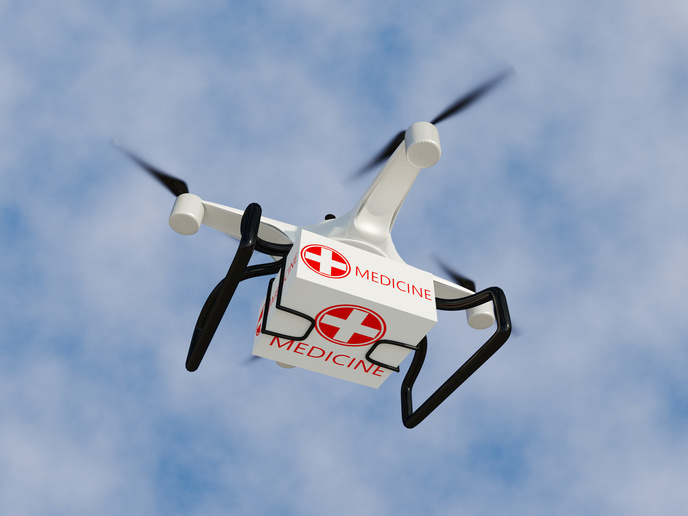Getting synthetic biology off the ground in Europe
Synthetic biology offers the potential for new solutions to challenges in health, energy and especially environmental pollution. However, until now, the field has been held back by a fragmented research community and a lack of basic functional tools. 'Targeting environmental pollution with engineered microbial systems a la carte' (TARPOL) was an EU-funded initiative for directing and coordinating synthetic biology research in Europe. The project included a number of EU institutions to encourage more collaboration and interdisciplinary projects in the field. The main aims of TARPOL were to promote synthetic biology as a discipline both publicly and academically, and to develop material, technical and software resources. Project activities included several workshops and conferences, as well as research and database development at various institutions. TARPOL produced several useful molecular and software tools for synthetic biologists. Molecular tools included streamlined genetic systems and selection of useful strains of microorganisms. Software included a database of useful genes and genetic elements, as well as computational tools for studying microbial physiology. By combining the genetic tool box already available with engineering disciplines and computer sciences, TARPOL helped spur new approaches to environmental pollution problems. New synthetic biology tools could potentially be applied to, for example, carbon capture, storage and recycling, as well as soil and water bioremediation.







